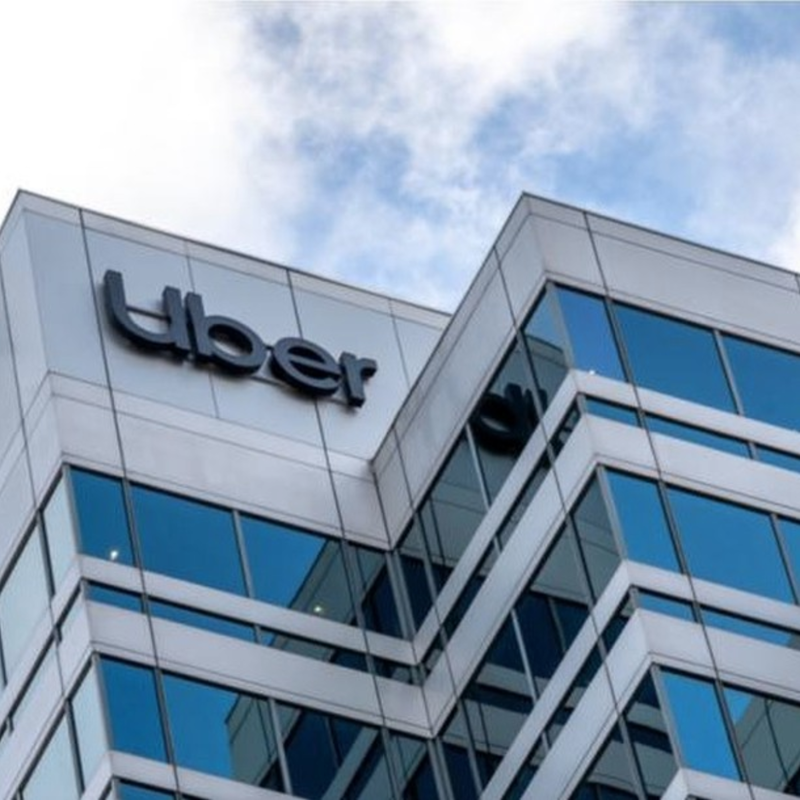He was opposed to a new Uber compensation package, and wanted for drivers a minimum wage, vacation pay and other protections under Canadian labour laws.
Uber, seeking to quash the litigation, insisted that his grievances must be dealt with through arbitration. It cited a contract clause requiring disputes between drivers and the company to be arbitrated in the Netherlands, at an upfront cost of AUS$20,900. But the top court said arbitration was "out of reach for him and other drivers in his position." "His contractual rights are, as a result, illusory," it said. The Supreme Court also agreed with the Ontario Appeals' Court that said the arbitration scheme amounted to an illegal outsourcing of employment standards. Uber has long argued it is merely a platform linking self-employed drivers with riders, a model which allows for avoidance of certain taxes and social charges as well as paid vacations. However that practice, which underpins the gig economy that employs 1.7 million Canadians or 8.2 percent of the workforce, has increasingly come under legal attack in many countries. In March, a French court ruled in a similar case against Uber's appeal of a 2019 decision that a former driver who sued the firm effectively had a work contract. It found that Uber had control over the driver by his connection to the app which directs him to clients, and thus should not be considered an independent contractor but an employee. Heller no longer works for Uber. But his court victory is seen as another step toward recognition of gig economy workers as employees, rather than contractors. For more July news, read our latest Issue here.
1 Comment
|
NewsDRIVE NOW reports on various topics regarding the Archives
December 2022
Categories
All
|
DRIVE NOW Magazine is published by Trade Promotions Pty Ltd, Ashwood VIC Australia. © 2022 DRIVE NOW |


 RSS Feed
RSS Feed